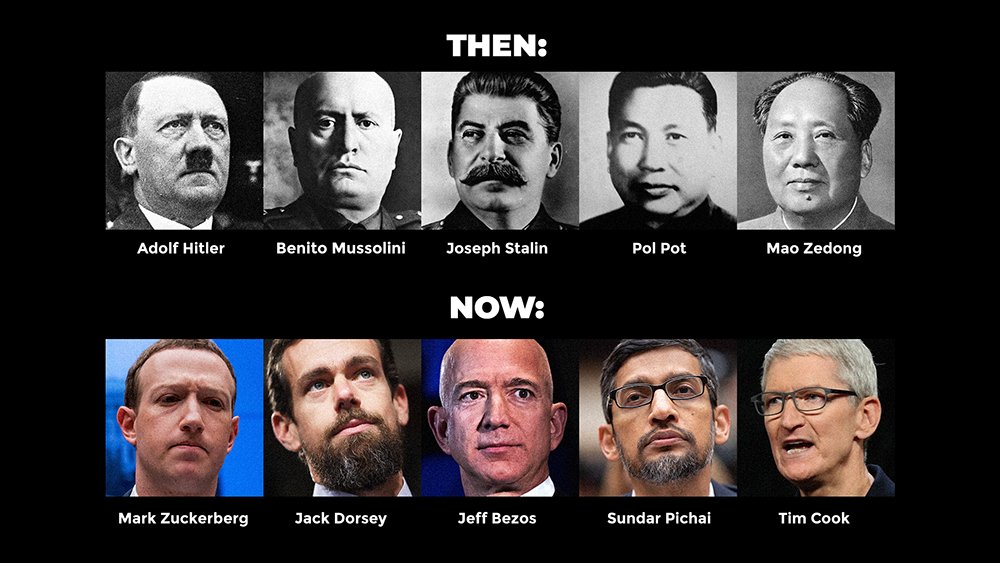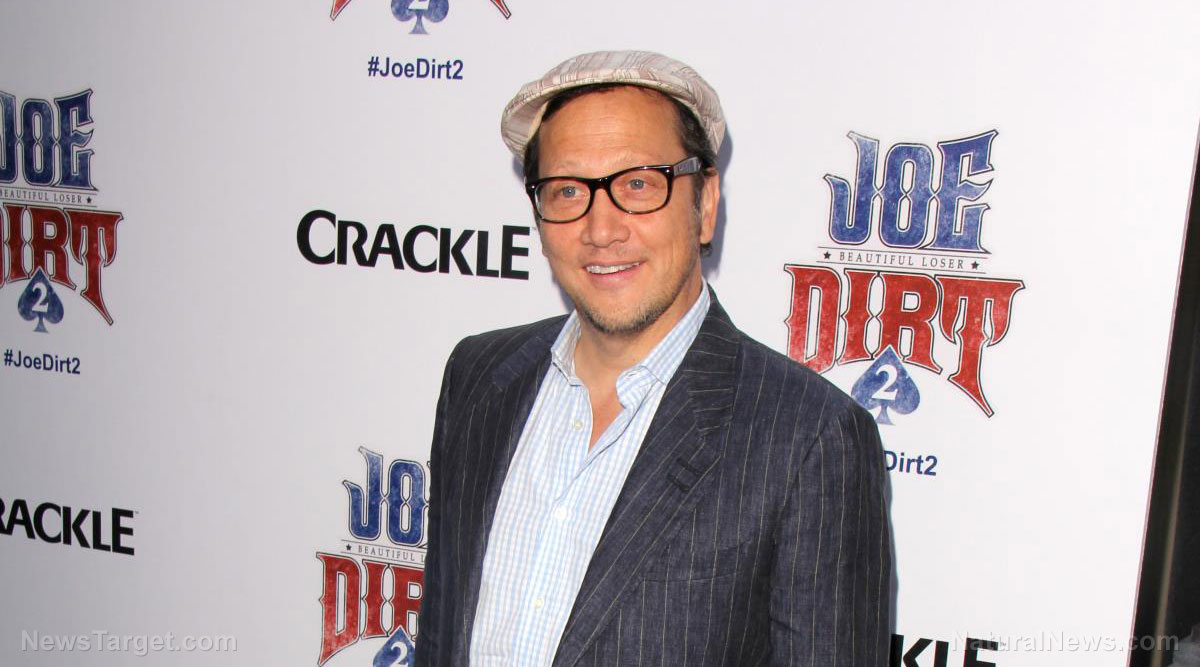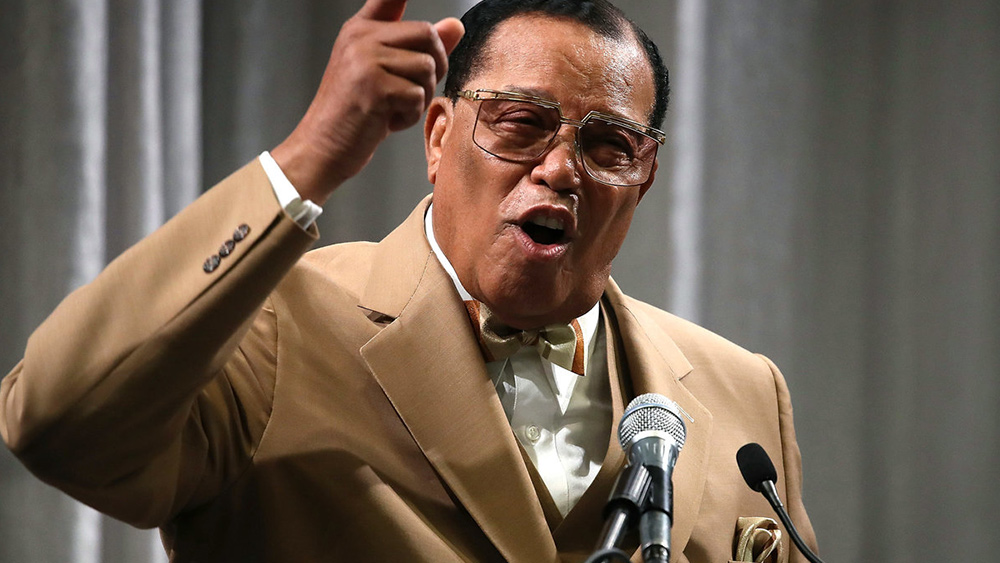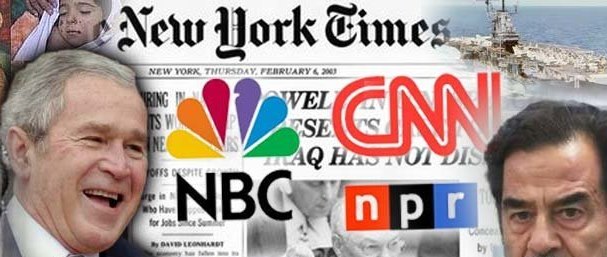Big Tech trying to have it both ways as platform and publisher
05/07/2019 / By News Editors

Google, Facebook and Twitter are private companies, so the constitutional guarantees of free speech generally do not apply to people using their platforms. But it’s not that simple. The tech giants have been playing fast and loose with labeling themselves platforms v. publishers, trying to claim protections from both of them.
(Article by Rachel Alexander republished from TownHall.com)
As publishers, the companies can restrict speech on their platforms as they see fit. Their editorial decisions (not those of their customers) are protected by the First Amendment. However, they are open to lawsuits over the content.
As a platform, or provider of a computer service, a company cannot be liable for content users post on their sites. This is from Section 230 of the Communications Decency Act.
When Facebook was sued by the app startup Six4Three, the tech giant’s lawyers claimed it was a publisher. Six4Three accused Facebook of maliciously removing app developers’ access to friends’ data, forcing it out of business. Facebook claimed it was acting as a publisher and was allowed discretion of what to permit. But in that same case, Facebook asserted that it was a platform and not liable for users’ content.
The big tech giants act as publishers when they weed out offensive content, much like a news publication would. A true platform does not engage in these kinds of restraints. For example, a PC is a platform. You can do whatever you want on your PC and no one is going to censor you.
Facebook CEO Mark Zuckerberg admitted to Congress that the company is “responsible for the content” on its platform. “We didn’t take a broad enough view of our responsibility, and that was a big mistake,” he said. “It was my mistake, and I’m sorry. I started Facebook, I run it, and I’m responsible for what happens here.”
Facebook is proactive about removing content. For example, instead of waiting for someone to complain, it reviews urls the first time they are posted on the site. It even reviews urls sent over its Messenger chat program.
The government actually could jump in and regulate free speech within the big tech companies. In Turner Broadcasting System, Inc. v. Federal Communications Commission, the Supreme Court held that the First Amendment “does not disable the government from taking steps to ensure that private interests not restrict . . . the free flow of information and ideas.” But this would be a dangerous erosion of the First Amendment. The courts have already found a limited forum on the pages Facebook allows for government officials, departments and agencies. A federal district court judge ruled that President Trump blocking people on Twitter violates free speech (the case is on appeal).
Read more at: TownHall.com
Tagged Under: Big Tech, Censorship, Collusion, deception, Facebook, fake news, Google, Leftists, lies, mainstream media, obey, propaganda, speech police, tech giants, Twisted, Tyranny

















